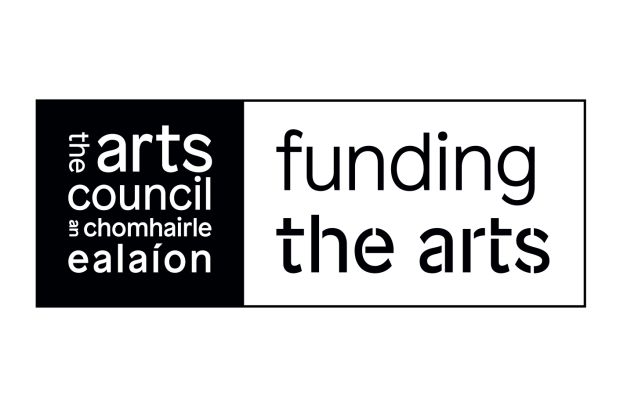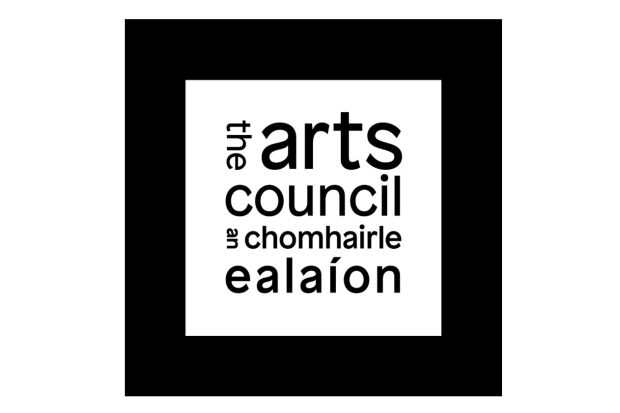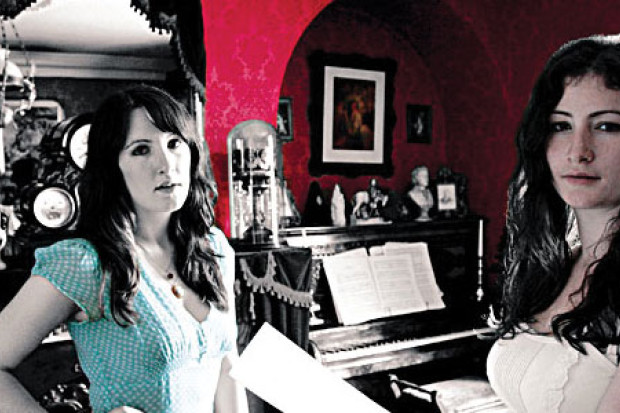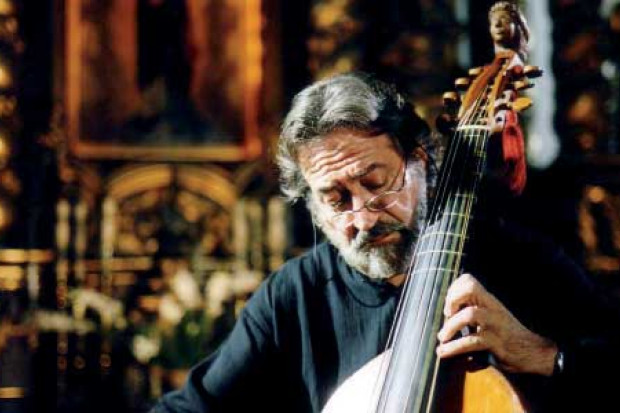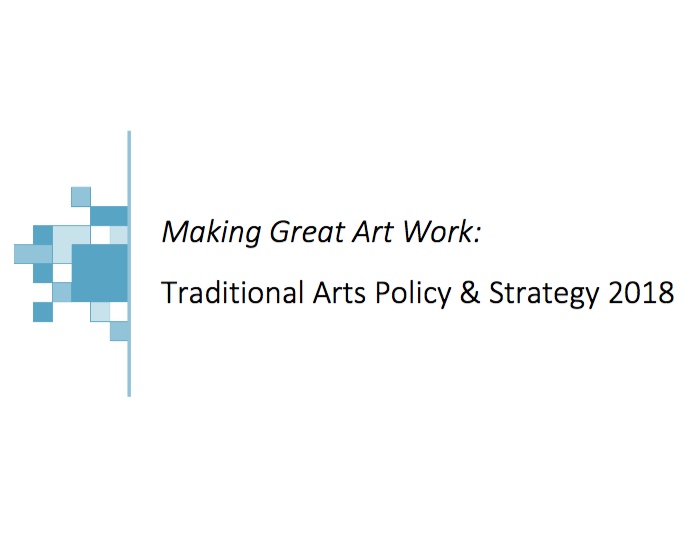
Arts Council to Develop Mentoring Scheme for Traditional Musicians
Over the next three years, the Arts Council will develop a ‘new mentorship programme for emerging traditional artists’, according to its new Traditional Arts Policy & Strategy.
The policy states that the ‘short-term nature of career planning associated with the gigging economy for traditional artists presents challenges’ and that the mentoring scheme will see new artists ‘supported in their development by artists with exceptional expertise and recognition in their field.’
The five-page document, published on the Arts Council’s website, lists a range of other measures including the commissioning of four new pieces of research into the traditional arts and the creation of a strategy to develop a ‘listening audience for the traditional arts’. The Council defines the traditional arts as traditional music, song and dance and oral arts such as storytelling and the Gaelic forms agallamh beirte and lúibíní.
Artists and groups
The new Traditional Arts Policy & Strategy 2018 is part of Making Great Art Work, a ten-year strategy by the Arts Council, which prioritises ‘the artist and public engagement’. The traditional arts policy further distinguishes between ‘the needs of the solo traditional artist and those of traditional groups’ and views ‘the individual traditional artist as the cornerstone of the traditional arts.’
The Arts Council will commission four new pieces of research as part of the traditional arts plan, including ‘research into the professional-development and career-progression needs of traditional artists (including issues of gender balance and transference of knowledge and skills)’; ‘research into the gap created by different levels of immersion, knowledge and exposure to the traditional arts (from early exposure to new entrants)’; ’research to identify appropriate supports and initiatives to preserve the diversity of styles, nuances and repertoire (including identifying fragile areas of practice in need of attention within the traditional arts)’; and research ‘to explore the challenges and opportunities facing traditional dancers in the wider dance environment’.
The policy also emphasises the need to develop ‘a listening audience for the traditional arts’, ‘particularly in engaging with the work of exceptional solo artists.’ It states that the Council will create a new strategy to develop ‘the listening audience, understanding and appreciation of the traditional arts’.
The document also notes there has been ‘a resurgence of interest and practice in the harp in Ireland’ and that over the next three years it will address the recommendations in the Report on the Harping Tradition in Ireland and the Report on Harp Making in Ireland. It will also ‘invest in projects that enable transmission of repertoire in harp playing, and those that support newly composed works and high-quality professional and participative opportunities.’
For more, download the document below.










